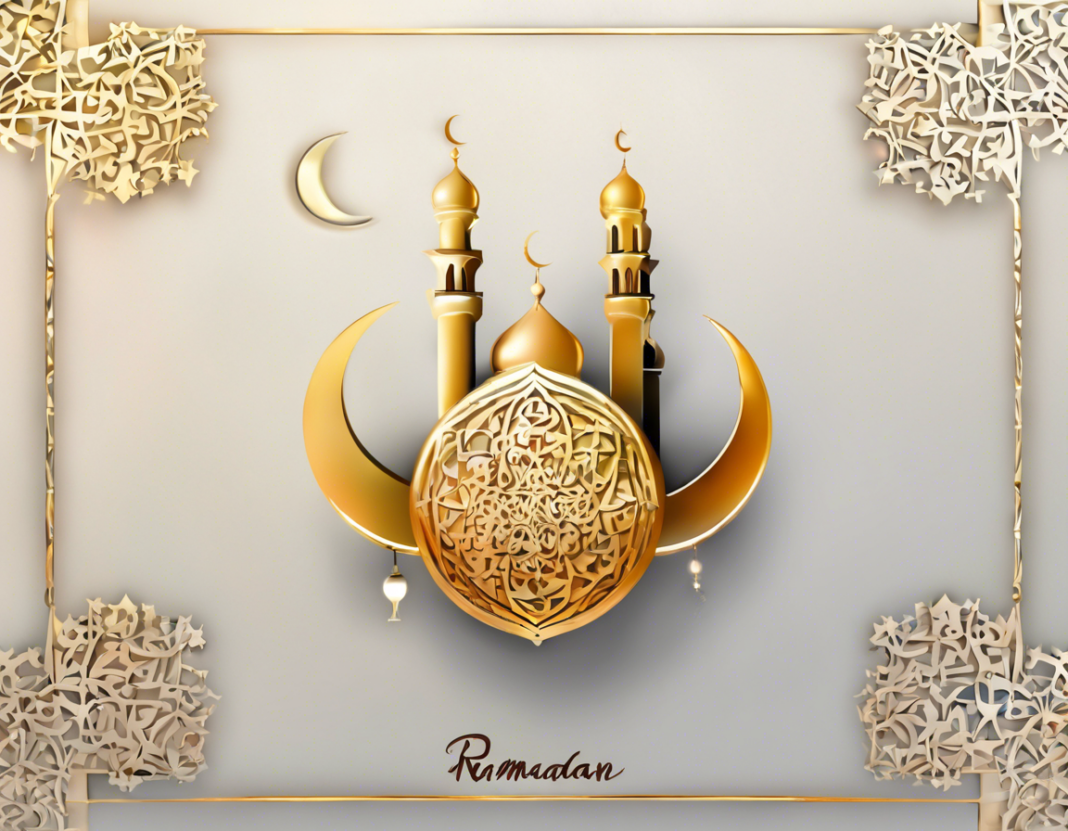Ramadan is the ninth month of the Islamic lunar calendar and is considered one of the holiest months for Muslims around the world. It is a time of reflection, spiritual growth, and increased devotion to worship. During this month, Muslims fast from dawn until sunset, abstaining from food and drink, as well as negative behaviors, to focus on prayer, charity, and personal development.
Dates of Ramadan 2024:
Ramadan in 2024 is expected to begin on the evening of Friday, 22nd March, and end on the evening of Saturday, 20th April, lasting for 30 days. However, the exact dates may vary depending on the sighting of the moon, so it’s important to confirm the start date with local religious authorities.
Fasting in Ramadan:
Fasting during Ramadan is one of the Five Pillars of Islam and is obligatory for all adult Muslims, with exceptions for those who are ill, pregnant, breastfeeding, menstruating, traveling, or elderly. The fast begins at dawn with the “suhoor” meal before the Fajr prayer and ends at sunset with the “iftar” meal after the Maghrib prayer. Fasting is not just about abstaining from food and drink but also from negative behaviors such as gossiping, lying, and anger.
Prayers in Ramadan:
In addition to the five daily prayers, Muslims are encouraged to engage in extra prayers and supplications during Ramadan. One of the most significant prayers is the Taraweeh prayer, which is performed at night after the Isha prayer in congregation at the mosque. It consists of 20 units of prayer and is a time for spiritual reflection and seeking forgiveness.
Importance of Ramadan:
Ramadan holds great significance for Muslims as it is believed to be the month in which the Quran, the holy book of Islam, was revealed to the Prophet Muhammad. It is a time for self-discipline, self-control, and spiritual rejuvenation. Fasting in Ramadan is not just about abstaining from physical nourishment but also about purifying the soul, increasing empathy for the less fortunate, and strengthening one’s connection to Allah.
Tips for a Productive Ramadan:
1. Plan Your Schedule: Organize your day to prioritize worship, work, family time, and rest.
2. Focus on Quran Recitation: Try to read and reflect on the Quran daily during Ramadan.
3. Give to Charity: Increase your acts of charity and generosity during this month.
4. Healthy Eating: Break your fast with nutritious foods and stay hydrated during non-fasting hours.
5. Community Involvement: Participate in iftar gatherings, community service, and mosque activities.
Common Misconceptions about Ramadan:
1. Ramadan is just about fasting: While fasting is a major component, Ramadan is also about spiritual growth, reflection, and increased devotion.
2. Only Muslims observe Ramadan: Non-Muslims can also participate in events, learn about Islam, and show support for friends observing Ramadan.
3. Fasting is only about food: Fasting includes abstaining from food, drink, negative behaviors, and gossip.
4. Fasting is unhealthy: When done correctly, fasting has several health benefits, including improved digestion and mental clarity.
FAQs about Ramadan:
-
Can I brush my teeth during Ramadan while fasting?
Yes, you can brush your teeth during Ramadan while fasting, but be cautious not to swallow any toothpaste or water. -
Is it permissible to take medication during fasting hours in Ramadan?
Those who are ill are allowed to take medication during fasting hours, but it’s recommended to consult with a religious scholar or a qualified medical professional. -
Do children have to fast during Ramadan?
Children are not required to fast until they reach puberty, but they can gradually start practicing fasting to prepare for it. -
What is Laylat al-Qadr and why is it important during Ramadan?
Laylat al-Qadr, also known as the Night of Power, is considered the holiest night in Islam, and it is believed that prayers and good deeds on this night are multiplied. -
Can I make up missed fasts from Ramadan at a later time?
If you are unable to fast during Ramadan due to valid reasons, such as illness or travel, you can make up for the missed fasts at a later time before the next Ramadan. -
How can I support friends or colleagues observing Ramadan?
You can show support by being understanding of their schedule, participating in iftar gatherings, sharing a meal with them, or simply offering words of encouragement. -
What is Eid al-Fitr, and how is it celebrated?
Eid al-Fitr marks the end of Ramadan and is celebrated with prayers, feasting, giving gifts, and sharing meals with family and friends. It is a joyous occasion that signifies the completion of a month of fasting and spiritual growth.
In conclusion, Ramadan is a sacred month that holds profound spiritual significance for Muslims worldwide. It is a time of increased devotion, self-discipline, and reflection on one’s relationship with Allah. By observing the fast, engaging in prayers, and practicing acts of charity and kindness, Muslims aim to strengthen their faith and purify their souls. Through education, understanding, and support, people of all backgrounds can appreciate the significance of Ramadan and foster mutual respect and unity within the community.





